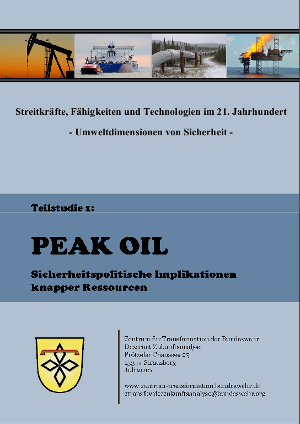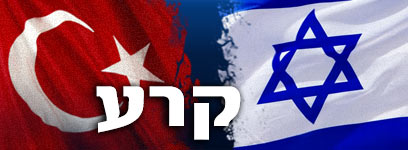Video - Superb and world-rocking drive-in teaser trailer for a true classic
Medicalacupuncture | ABSTRACT - The Oriental medical concept of a Heart-Mind split has no obvious counterpart in Western medicine. Patients with such a split are often labelled as anxious or depressed and treated pharmacologically. The author contends that the omission occurs because the split is a fundamental feature of collective consciousness, and an expression of both medicine and scientific rationalism. Conventional treatment regimens may inadvertently exacerbate the split while, in contrast, acupuncture's holistic philosophy may offer a way to successful reintegration.
KEY WORDS
Acupuncture, Heart-Mind Split, Existential Split, Mind-Body Split, Depression, Anxiety
The heart has its reasons of which reason knows nothing:
We know this in countless ways.
— Blaise Pascal (1623-1662)
INTRODUCTION
I discussed the primary energetic splits in Western consciousness in a previous article in Medical Acupuncture.2 To summarize, they have been classified as (1) Existential (primary dualism), (2) Life-Death (secondary dualism), (3) Mind-Body (tertiary dualism), and (4) Persona-Shadow (quaternary dualism).3 This article will explore one specific split, the Heart-Mind split, that has particular relevance to acupuncture because energetically, the Heart is said to carry the "Shen" or spirit. In terms of the primary splits, the Heart-Mind schism relates most closely to the tertiary dualism, in which the ego dissociates from the body, disregards the Heart, and continues as if it were an autonomous entity. The process of reawakening the Shen, and of reintegrating the Heart and Mind, is a task uniquely suited to the practice of acupuncture.
In his book Memories, Dreams, and Reflections, Carl Jung discusses how he acquired an insight into Western man's denial of the Heart when he recounts a conversation he had in 1932 with the Native American Chief Ochwiay Biano (meaning "Mountain Lake") of the Tao Pueblos Indians of New Mexico.4 The chief was quite candid in his perception of the white man's Heart-Mind split:
"See.... how cruel the whites look. Their lips are thin, their noses sharp, their faces furrowed and distorted by folds. Their eyes have a staring expression; they are always seeking something. What are they seeking? The whites always want something; they are always uneasy and restless. We do not know what they want. We do not understand them. We think they are mad."Jung's experience speaks directly to an imbalance in the psyche of Western man, which might be called the Heart-Mind split. In that short but remarkable encounter, Jung had a flash of insight, a realization that the split had fallen so far into the unconscious that even he was taken by surprise when someone pointed it out.
When Jung asks why he thinks they are all mad, the Chief replies, "They say they think with their heads."
Jung answers, "Why, of course. What do you think with?"
The Chief, indicating his heart, said, "We think here."
Definitions of Mind/Mind and Heart/Heart
The English language is peculiarly bereft of terms to describe various inner states. Thus, in an attempt to avoid inevitable confusion, I will differentiate between "mind" with a lowercase "m," "Mind" with a capital "M," heart with a lowercase "h," and Heart with a capital "H." In defining these terms, I ask for acceptance of these definitions for the purposes of this article.
The term "mind" refers to the ego-mind, the thinking personal mind located in the head and separated from the body by a Mind-Body split; "Mind" refers to a larger subjective embrace that transcends the Mind-Body split. This differentiation is useful because it allows us to envision personal mind as it now exists in the collective, separated from the body, and a more integrated Mind as it might be experienced without such a split. The word "heart" is a reference to the physical heart, while "Heart" refers to the metaphysical or energetic Heart. The term "Heart-Mind" is used in reference to an integrated Heart-Mind, and roughly corresponds to the Oriental term "Xin."
The term Xin is particularly confusing. This integrated concept is translated variously as Heart, Mind, and/or Heart-Mind, any one of which is misleading. The difficulty lies in there being no English word accurately translating the concept of Xin, given that the Heart-Mind split is structured in the language itself. I use the word Xin and the concepts Heart Yin and Heart Yang in a similar way to that suggested by Leon Hammer:5
* Xin and Heart-Mind will be used interchangeably
* The Heart of Heart-Mind will be used interchangeably with Heart Yin
* The Mind of Heart-Mind will be used interchangeably with Heart Yang
* The "mind" with a lowercase "m" will be used interchangeably with ego-mind
* The "head" will be assumed to be the location of ego-mind






















